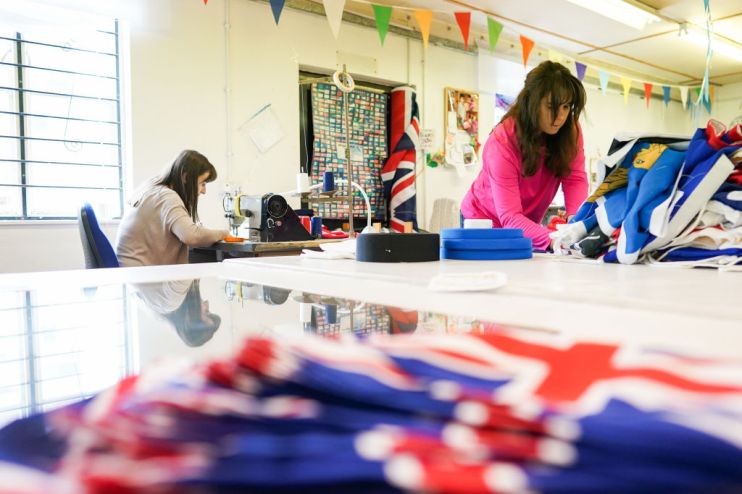UK factories slip further into recession on cooling overseas spending

Britain’s factories have plunged further into recession territory, driven by domestic and foreign buyers reining in spending amid intense economic uncertainty, a closely watched survey out today shows.
S&P Global and the Chartered Institute of Procurement and Supply’s (CIPS) purchasing managers’ index (PMI) for the UK’s manufacturing industry slipped to 46.5 in June from 47.1 in May.
It means the sector has been in the sub 50 point negative growth territory for 11 months in a row, although the reading was upgraded from an initial estimate of 46.2. The revised figure also topped the City’s expectations.
Shrinking homegrown and overseas spending have forced factories to scale back production, tipping the sector into recessionary conditions.
“Producers are being hit by weak domestic and export market conditions with clients showing a greater reluctance to commit to spending due to market uncertainty, increased competition and elevated costs,” Rob Dobson, director at S&P Global Market Intelligence, said.
In the UK, businesses are being squeezed by higher interest rates and are bracing for a slowdown in consumer spending due to heightened unemployment fears and higher mortgage rates eroding household finances.
Inflation, at 8.7 per cent, is adding to the squeeze on British consumers.
Those looming economic headwinds are causing companies to think twice about buying capital goods for fear of being unable to sell their products in a softer economy, hitting manufacturers’ bottom lines.
In response to production shrinking, factories are sacking workers to contain costs.
“Employment fell for the ninth month in a row, with the rate of reduction the sharpest since March. Job losses also reflected weaker demand, redundancies and cost management initiatives,” the PMI said.
“The downturn in the manufacturing sector is showing no signs of slowing, even as it enters its third year,” Samuel Tombs, chief UK economist at Pantheon Macroeconomics, said.
Manufacturing contributes a small chunk to the UK’s overall economic output, which is largely generated by services firms. A separate PMI later this week is expected to show the services economy is motoring ahead.
Office for National Statistics estimates out last Friday confirmed the UK economy squeezed out 0.1 per cent growth in the first three months of this year, with manufacturing output expanding by a higher 0.6 per cent than first thought.